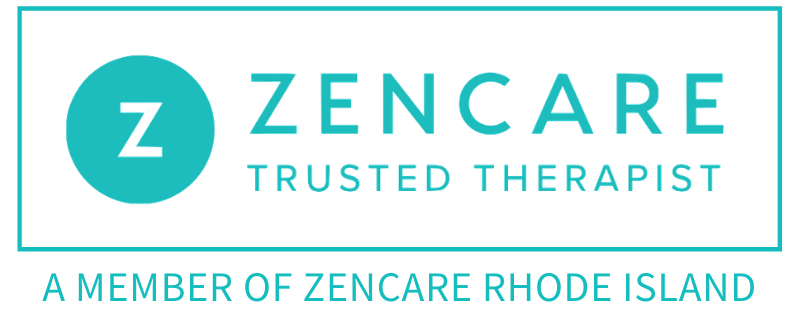Dialectical Behavior Therapy (DBT)
Breathwork therapy is a therapeutic practice that uses conscious breathing techniques to promote physical, emotional, and mental well-being. It is based on the idea that controlled and intentional breathing can help release stress, improve mental clarity, and facilitate emotional healing. Breathwork therapy encompasses various styles and approaches, including holotropic breathwork, integrative breathwork, rebirthing, and others, each with its own specific methods and goals.
Key Concepts of Dialectical Behavior Therapy (DBT)
Dialectics: The term “dialectical” refers to the synthesis or integration of opposites. In DBT, this often involves balancing acceptance (accepting oneself and one’s current situation) with the need for change (working to improve one’s behavior and emotional responses).
Mindfulness: Mindfulness is a core component of DBT, focusing on being fully present in the moment and observing thoughts, feelings, and sensations without judgment. Mindfulness practices help clients become more aware of their emotions and behaviors, improving self-regulation and reducing impulsive actions.
Emotional Regulation: DBT teaches clients skills to understand and manage their intense emotions. This involves identifying and labeling emotions, reducing vulnerability to emotional swings, and learning strategies to modulate emotional responses.
Distress Tolerance: DBT provides tools for tolerating and surviving crises without making the situation worse. This includes techniques like distraction, self-soothing, and radical acceptance (accepting things as they are without judgment or the desire to change them).
Interpersonal Effectiveness: DBT helps clients develop skills to communicate more effectively, assertively, and respectfully in relationships. This includes learning how to set boundaries, ask for what they need, and manage conflict in a healthy way.
Clients participating in DBT can expect a highly structured, skill-building approach that combines individual therapy with group training sessions. The therapy is designed to help clients better manage their emotions, cope with distress, improve relationships, and reduce self-destructive behaviors. DBT emphasizes the importance of both acceptance and change, offering clients practical tools and strategies to create a more balanced and fulfilling life. The therapy requires active participation, including practicing skills between sessions, and is particularly effective for those struggling with intense emotional responses and impulsive behaviors.
Contact Our Team
If you would like to meet with one of our therapists click the button below.
Rhode Island Location
1 Richmond Square
350w
Providence, RI. 02906
(GPS Location 331 Waterman St)
*Free Parking
Florida (Mailing Address)
25 SE 2nd Ave,
Ste 550 PMB 21
Miami, FL. 33131
Contact Us
401-227-0372
Fax 877-455-9466
If you or someone you know is struggling or in crisis, help is available. Text or call 988 or chat 988lifeline.org. Caring counselors listen and provide free and confidential support 24/7.
National Transgender Lifeline Crisis Line (Staffed by Transgender Individuals) 1-877-565-8860
National Coalition Anti-Violence Programs: 212-714-1141
Lesbian, Gay, Bisexual and Transgender (LGBT) National Hotline:
1-888-843-4564
LGBT National Youth Talkline:
1-800-246-PRIDE (1-800-246-7743)
LGBT National Senior Talkline:
1-888-234-7243
LGBT Youth Talkline: 800-246-7743




